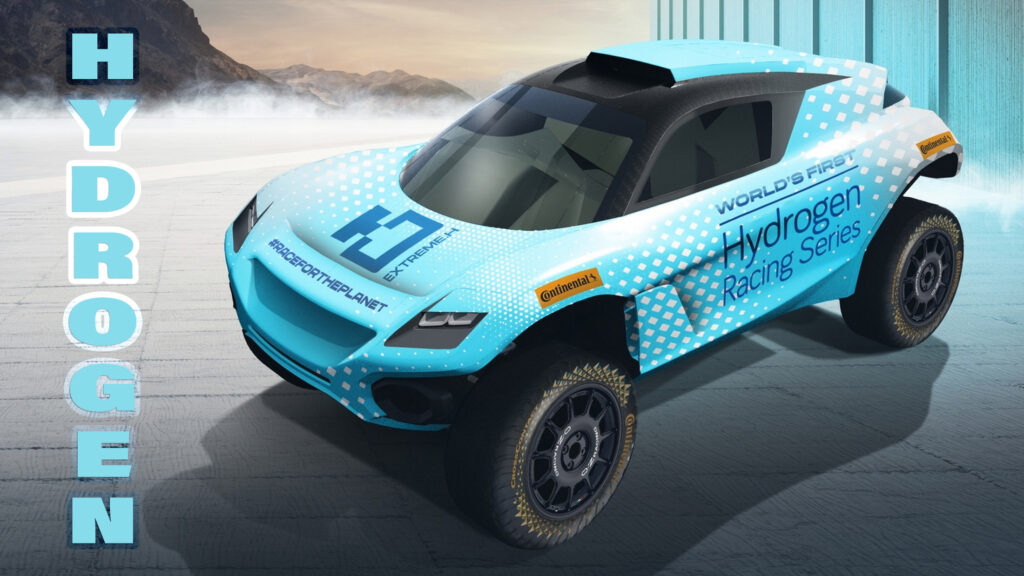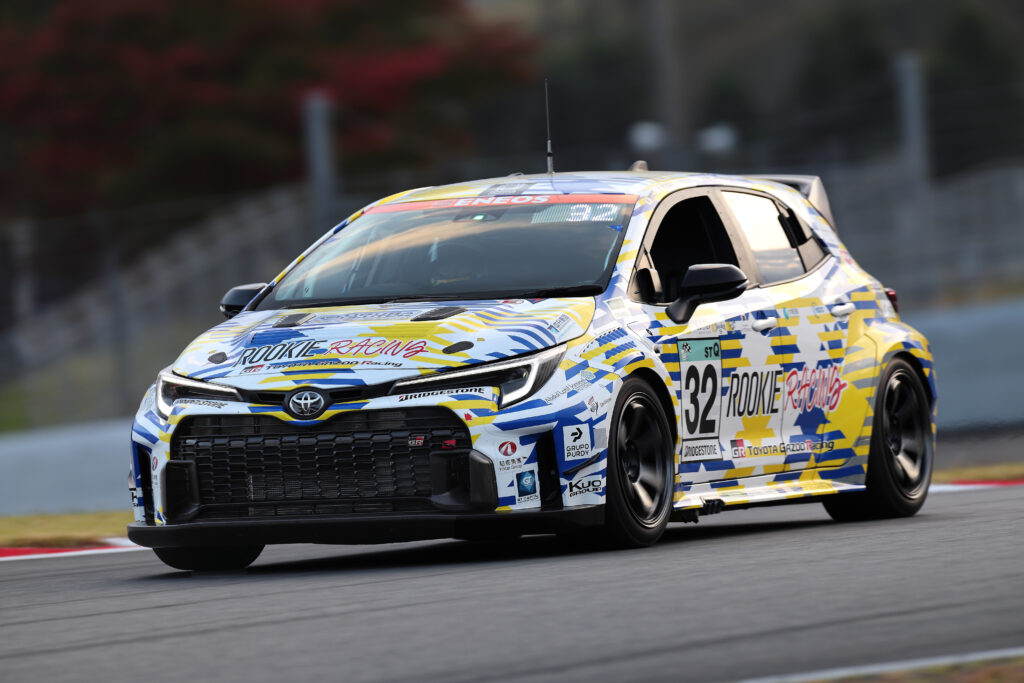The Extreme H off-road racing series will help F1 determine if hydrogen powertrains are ready for the limelight
1 hour ago
 –>
–> 
–>
Formula One is joining forces with the FIA and Extreme H, an upcoming off-road racing series, to explore the potential of hydrogen powertrains in international motorsports. Together, they are forming the joint Hydrogen Working Group.
The announcement does not mean that F1 has plans to become a hydrogen-powered racing series. However, it is exploring the technology’s potential as it looks to wean itself off fossil fuels in the coming years and decades.
“Our sport has a tradition of bringing new technologies to the forefront of public perception in incredibly short timescales,” Pat Symonds, F1’s chief technical officer, said in a press release. “We do this by being open-minded to all solutions and embracing cross-functional engineering.”
advertisement scroll to continue
Read: Toyota Wants To Keep ICE Sports Cars Alive With Hydrogen

F1 will explore the technology with the help of the Extreme H racing series, which will be run by Alejandro Agag. He was also the founder of the Extreme E electric off-road racing series, which will transition into the new hydrogen-powered category in 2025.
“My idea, or my pitch to Formula One was to say, listen, you don’t know which technology is going to be the one — no one knows,” Agag told Racer. “For the moment they are betting on synthetic fuels, which is fine, but hydrogen is going to be one technology that could be the future, part of the equation. So why don’t we do a group in which basically, you keep an eye on it?”
As Agag notes, Formula One has announced that it is in the process of increasing the amount of synthetic fuel its racecars use. That means that it is in league with automakers like Porsche, which believes that the technology will allow existing internal combustion engines to run more ecologically.
However, automakers like Toyota are investing in fuel cells and hydrogen combustion engines. The company even fielded a hydrogen-powered GR Corolla equipped with a modified three-cylinder engine in a Japanese endurance racing event this summer.
While both fuel types have fewer tailpipe emissions than traditional gas, they are energy intensive to make, and could cause a pollution backslide if demand rises too high. Therefore, researchers suggest that they would be better saved for industries that can’t easily be electrified (such as long-range trucking, shipping, and aeronautics) than used in passenger vehicles.



